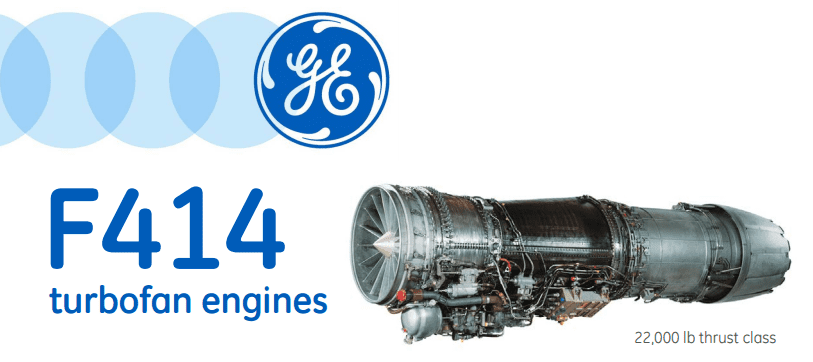Chennai: India and the United States are on the verge of finalizing a highly anticipated agreement regarding the transfer of technology related to fighter jet engines. This deal is expected to pave the way for the production of these engines within a span of three years. It is noteworthy that India, in collaboration with the US, will jointly manufacture 110 kilonewtons (KN) engines domestically. A senior official from the Ministry of Defence expressed confidence in signing the agreement soon, ensuring that India will possess this advanced engine technology within the specified timeframe.
While the financial details of the project have yet to be disclosed, sources suggest that approximately 100 engines will be co-produced as part of the agreement. The Indian Air Force has not provided exact figures thus far. The significance of this deal stems from India’s existing deficiency in engine-related technology, which is expected to become an even greater concern considering the Air Force’s current fleet of around 30 combat squadrons, significantly fewer than the authorized strength of 42. Alongside their integration into the TEJAS MK2 aircraft, the GE-F414 engines will also be utilized in the development of twin-engine deck-based fighters and advanced medium combat aircraft (AMCA).
According to a senior official from the Ministry of Defence, the GE-HAL deal for the 414 engine holds immense importance due to the cutting-edge technologies it grants India access to. While India has successfully obtained significant technologies from countries such as Russia, the United Kingdom, and France, the GE-F414 deal marks a substantial leap forward in India’s pursuit of high-tech advancements.
Critical defence technologies encompass areas such as nuclear power, jet engines, submarine production, aircraft carriers, and ballistic missiles. Sources affirm that India has acquired some of these technologies through the diligent efforts of its scientists and political initiatives. The bipartisan support received by this deal exemplifies the trust that India has garnered among influential circles in the United States.
Experts in defence affairs assert that through this deal, India will achieve an 80% transfer of technology in the production of the GE-F414 engine, thereby enhancing the operational performance of the TEJAS MK2. As much as 80% of the engine’s components will be manufactured in India, with the exception of smaller parts. Consequently, India will be counted among the top five countries possessing this advanced technology. Notable benefits of this joint manufacturing effort include reduced turnaround time for maintenance, repair, and overhaul operations.
The agreement grants India access to various critical technologies, including specialized corrosion coatings, machining and coating techniques for single-crystal turbine blades, nozzle guide vane machining and coating, Blisk machining, powder metallurgy disc machining, thin-walled titanium casing machining, and laser drilling technology for the combustor, among others.
A source highlights that this deal also serves as a testament to India’s intellectual capabilities and underscores the US’s trust in India’s intellectual property rights regime. It assures that the advanced technology will not fall into the wrong hands. The United States has demonstrated confidence in India’s military systems as well.
President Biden and Prime Minister Modi expressed their delight at the historic signing of a Memorandum of Understanding (MoU) between General Electric and Hindustan Aeronautics Limited for the indigenous manufacture of GE-F414 jet engines in India, specifically for the Hindustan Aeronautics Limited TEJAS MK2.
Furthermore, in a joint statement, the leaders welcomed the establishment and launch of the US-India Defense Acceleration Ecosystem (INDUS-X). Designed as a network comprising universities, start-ups, industries, and think tanks, INDUS-X aims to facilitate collaborative innovation in defence technology and the co-production of advanced defence systems between the two countries respective industries.
President Biden and PM Modi commended India’s plans to procure General Atomics MQ-9B HALE UAVs, which will be assembled domestically. These state-of-the-art unmanned aerial vehicles will significantly enhance India’s intelligence, surveillance, and reconnaissance capabilities across various domains. As part of this initiative, General Atomics will establish a comprehensive global maintenance, repair, and overhaul (MRO) facility in India, supporting India’s long-term objective of bolstering its indigenous defence capabilities.


